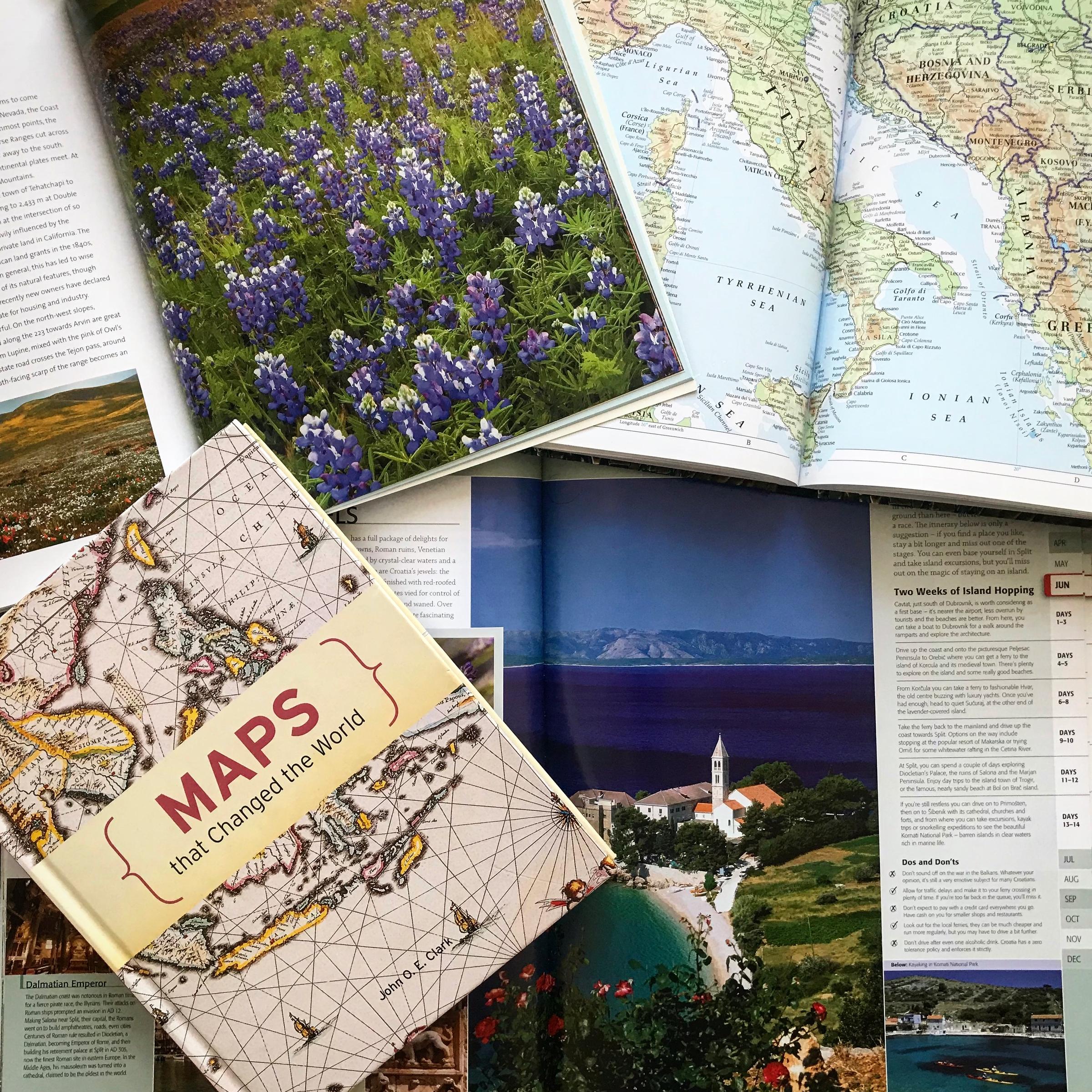Humanities

History
Content Strands
- Historical Concepts and Skills
- Historical Knowledge
Course Overview
Topics for History include:
- Middle Ages and the early exploration
- Medieval Europe and the Black Death (590CE-1500CE)
- Asia-Pacific World
- Japan under the Shoguns (794CE-1867CE)
- Expanding Contacts: Discovery and Exploration
- Renaissance Italy (1400-1600CE)
Learning Focus
The underpinning concepts and skills of sequencing chronology, using historical sources as evidence, identifying continuity and change, analysing causes and effect and determining historical significance are explicit in this structure.
In the History curriculum, students have the opportunity to develop historical understanding through the application of the following historical concepts and skills:
- sequencing chronology
- using historical sources as evidence
- identifying continuity and change
- analysing causes and effect, and
- determining historical significance.
These concepts and skills are fundamental in giving the discipline of history its structure.
By the end of Level 8, students identify and explain patterns of change and continuity over time. They analyse the causes and effects of events and developments. They identify the motives and actions of people at the time. Students evaluate the significance of individuals and groups and how they were influenced by the beliefs and values of their society. They evaluate different interpretations of the past.
Geography
Content Strands
- Geographical Concepts and Skills
- Geographical Knowledge
Course Overview
Topics for the study for Geographical Skills and Concepts include:
- Place, Space and Interconnection
- Data and Information
Topics for the study for Geographical Knowledge include:
- Landforms and Landscapes
- Changing Nations
Learning Focus
The Geography curriculum identifies the concepts of place, space, environment and interconnections and is important in the development of geographical understanding. These are high-level ideas of thinking that can be applied to identify questions, guide an investigation, organise information, suggest an explanation or assist decision–making. They are the key ideas involved in teaching students to think geographically.
Civics & Citizenship
Content Strands
- Government and Democracy
- Laws and Citizens and Citizenship
- Diversity and Identity
Course Overview
In studying civics and citizenship students will develop knowledge and understanding of Australia's representative democracy and the key institutions, processes, and roles people play in Australia’s political and legal systems. Emphasis is placed on Australia's federal system of government, derived from the Westminster system, and the liberal democratic values that underpin it such as freedom, equality and the rule of law. The curriculum explores how the people, as citizens, choose their governments, how the system safeguards democracy by vesting people with civic rights and responsibilities, how laws and the legal system protect people’s rights and how individuals and groups can influence civic life.